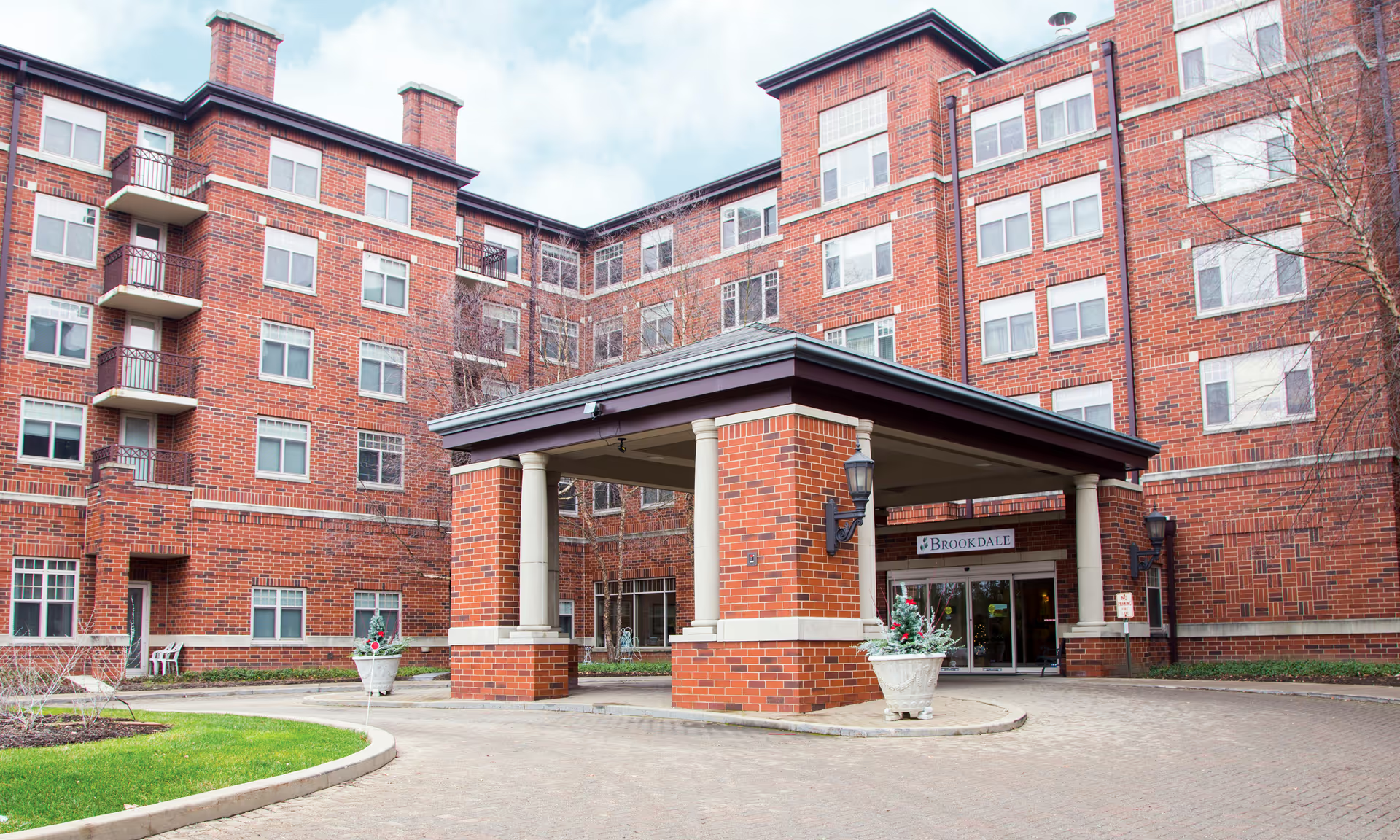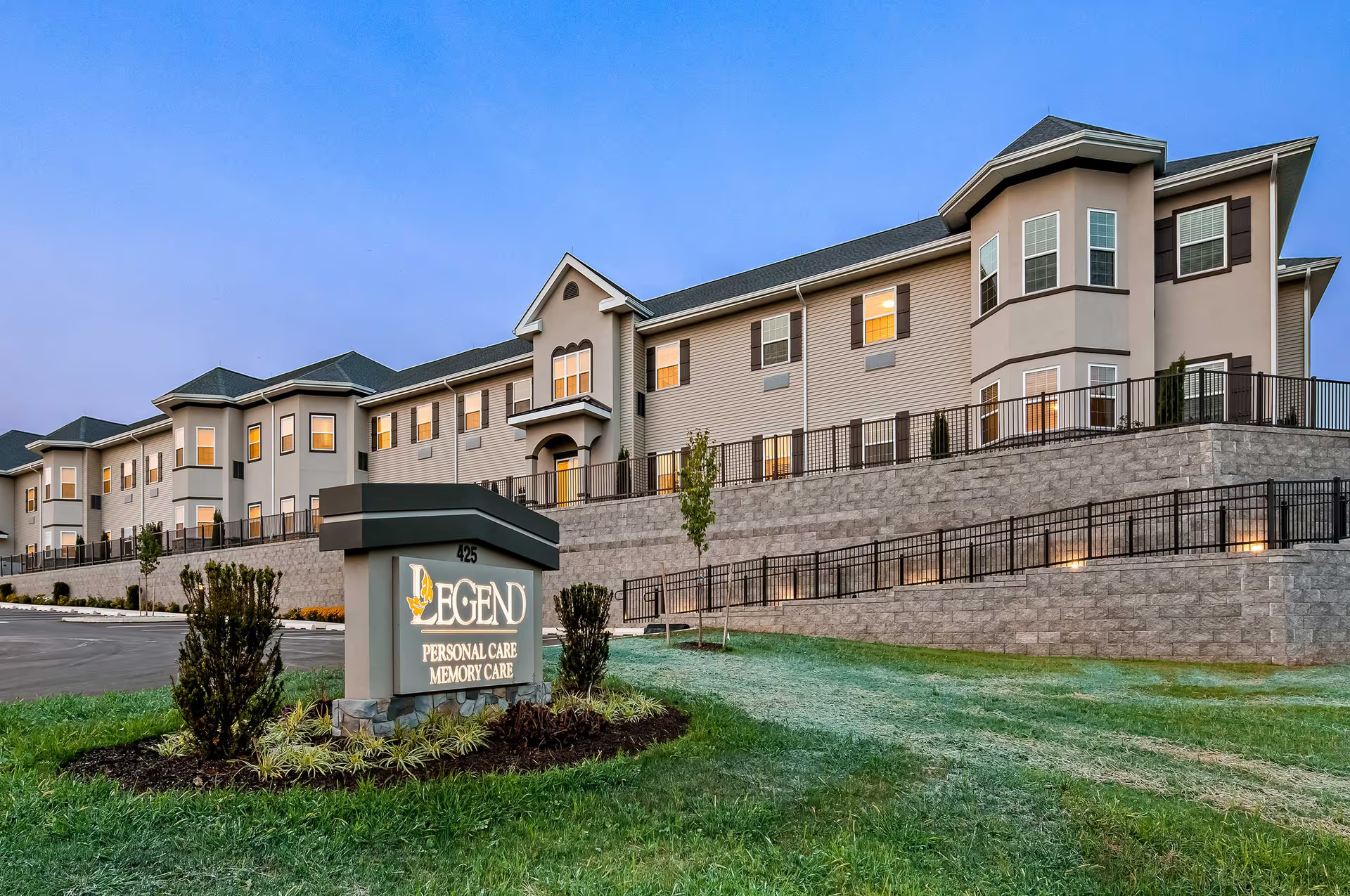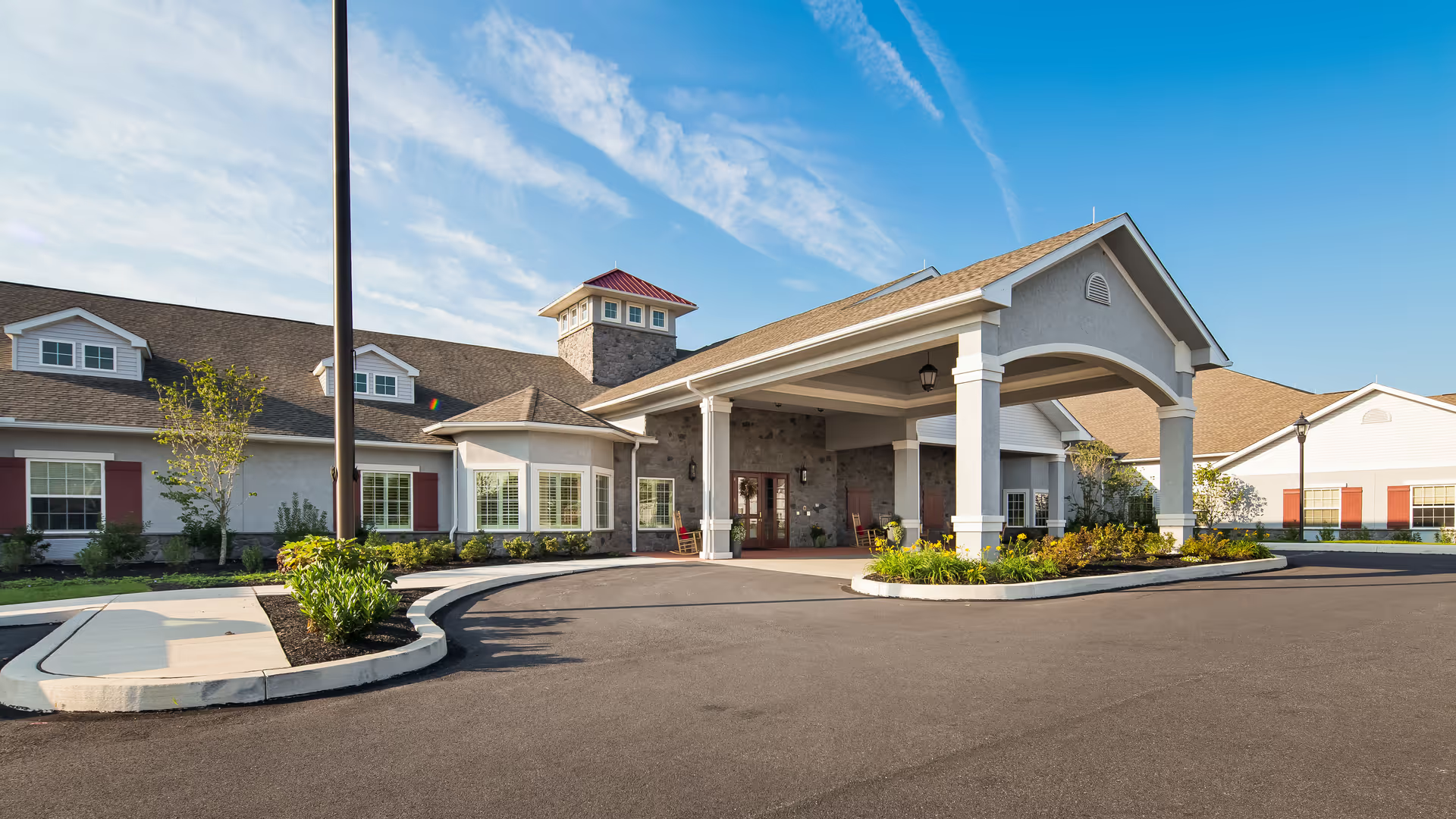The reviews for Ayden Healthcare are highly polarized and reveal a facility with both notable strengths and significant, recurring weaknesses. Many reviewers praise the staff as compassionate, attentive, and experienced — with several accounts noting long‑tenured employees who provide continuity of care and make residents feel at home. Positive experiences commonly highlight strong rehabilitation services (daily physical and occupational therapy), an active social program (bingo, manicures, Red Hat Society, men's groups, weekly happy hour), comfortable and pleasantly decorated spaces, and private rooms with amenities like phones, TVs, clocks, curtains, bathrooms, and closets. For some families and residents—particularly in certain units, including some dementia placements—the outcome was positive and reassuring: clean facilities, good food, effective communication, and no regrets about placement were specifically mentioned.
Conversely, a substantial portion of reviews report serious and distressing problems, indicating inconsistent care and uneven performance between shifts, units, or staff teams. The most alarming complaints include neglectful care (residents found unattended in wheelchairs or hallways), unanswered call lights, nurses frequently on phones, and activity aides doing more practical care than nursing staff. Some reviewers allege medication mishandling or incomplete medication returns, and there are multiple accounts tying severe care lapses to rapid declines or deaths, which raises grave safety concerns for prospective residents.
Cleanliness and infection control are another divided theme: several reviewers describe the facility as very clean with no odors, while others report fecal smells, dried feces in toilets, and even bed bug infestations. Housekeeping inconsistency is a repeated issue—rooms sometimes not cleaned, and bathrooms neglected—creating an unpredictable hygiene environment. Safety concerns extend beyond cleanliness: reviewers describe roommate disturbances (screaming, inappropriate sexual requests), physical incidents (a resident knocked from a wheelchair, falls), and theft of valuables. These reports suggest variable supervision and inconsistent roommate matching or behavioral controls in shared units.
Dining quality and kitchen operations are frequently criticized. While some reviewers enjoyed dining room service and outdoor dining options, many more complained about poor food quality: meals arriving late (sometimes nearly an hour late), undercooked or overcooked dishes, small portions, and general dissatisfaction with the kitchen staff’s professionalism. Several reviewers described the kitchen environment as toxic, including arguments and poor communication, which may contribute to service and quality problems at mealtimes.
Administrative and systemic problems also appear repeatedly. Multiple reviewers cite poor communication from management, delayed discharges, large unexpected bills, Medicare denials, and billing after death. At least one review references guardianship filings and allegations of greed. These billing and insurance issues, combined with reports of staff lying or not being forthcoming, point to transparency and administrative reliability concerns that can have major consequences for families navigating payments, coverage, and post‑acute transitions.
There is a discernible pattern of variability: many positive comments coexist with severe negative incidents. This suggests inconsistency across units, shifts, or staff cohorts rather than a uniformly good or uniformly poor facility. Some parts of the building or particular wings (e.g., memory/dementia units) may operate differently—reviews note shared rooms and bathrooms in memory sections and higher pricing for private rooms—so experience may depend heavily on placement. Several reviewers strongly recommended against the facility due to safety or neglect concerns; others, often citing the same facility, strongly recommended it because of caring staff and effective rehabilitation.
For prospective residents and families, the mixed reviews indicate the need for careful, targeted vetting. Ask specific, current questions about staffing ratios, nurse responsiveness, housekeeping schedules, incident reporting, infection control practices, kitchen staffing and meal timing, security policies for valuables, and how the facility handles Medicare billing and appeals. Request to tour the exact unit you are considering (including shared rooms and bathrooms if looking at memory care), speak with current residents or families in that unit, and get written policies on discharge, billing, and incident escalation. In short, Ayden Healthcare shows real strengths in therapy, activities, and compassionate caregivers according to many accounts, but recurring and serious reports of neglect, safety lapses, cleanliness problems, dietary failures, and administrative/billing disputes mean experiences are uneven and due diligence is essential before placement.







